
Updated safety and subgroup analyses appear consistent with previously reported results from the phase 2 ZUMA-12 study of axicabtagene ciloleucel for patients with high-risk large B-cell lymphoma.

Your AI-Trained Oncology Knowledge Connection!


Updated safety and subgroup analyses appear consistent with previously reported results from the phase 2 ZUMA-12 study of axicabtagene ciloleucel for patients with high-risk large B-cell lymphoma.

Investigators report that response-adapted trials utilizing novel combination regimens appear to be safe and feasible in a population of patients with newly diagnosed diffuse large B-cell lymphoma.

Zanubrutinib plus obinutuzumab and venetoclax appears to be well tolerated in patients with TP53-mutated mantle cell lymphoma, says Anita Kumar, MD.
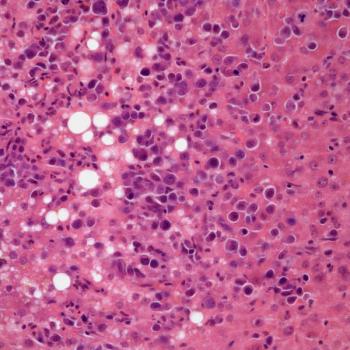
Data from the phase 3 PERSEUS trial supports D-VRd followed by DR maintenance as a new standard of care in patients with newly diagnosed, transplant-eligible multiple myeloma.

The addition of venetoclax to ibrutinib yields a favorable benefit/risk profile in patients with relapsed/refractory MCL, according to data from the phase 3 SYMPATICO trial.

The combination of pelabresib plus ruxolitinib shows improvement in hemoglobin response in the MANIFEST-2 trial, supporting a potential shift in the future treatment of patients with JAK inhibitor–naive myelofibrosis.

A first-in-human phase 1a/1b trial will evaluate the dose escalation of NX-1607 in patients with persistent lymphoma, including those with diffuse large B-cell lymphoma.

Acalabrutinib on its own or in combination with obinutuzumab increases PFS and ORR in patients with chronic lymphocytic leukemia regardless of mutation status, according to follow-up data from the ELEVATE-TN trial.

Treatment with zanubrutinib may be a viable option for patients with B-cell malignancies who are intolerant to acalabrutinib, says Mazyar Shadman, MD.
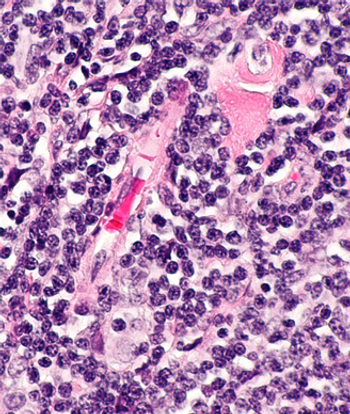
Pirtobrutinib may be a clinically meaningful option for those with relapsed/refractory follicular lymphoma, although additional data are necessary, says Nirav N. Shah, MD.

Treatment with CAR T cells may allow patients with hematologic malignancies to recover more quickly compared with a transplant, says Andre Goy, MD.

Treatment with ruxolitinib improves the probability of failure-free survival compared with best available treatment among those with chronic graft-versus-host-disease in the phase 3 REACH3 study.

The addition of isatuximab to carfilzomib/lenalidomide/dexamethasone appears to be manageable with respect to safety and tolerability in treating patients with newly diagnosed multiple myeloma, according to data from the phase 3 IsKia trial.

Investigators report no new safety signals in patients with relapsed/refractory follicular lymphoma following treatment with tisagenlecleucel infusion.

Data from the phase 3 APPLY-PNH trial show comprehensive control of intravascular and extravascular hemolysis with iptacopan in patients with paroxysmal nocturnal hemoglobinuria and persistent anemia.

Brentuximab vedotin plus nivolumab, doxorubicin, and dacarbazine appears to be well tolerated in patients with advanced stage classical Hodgkin lymphoma, according to data from the phase 2 SGN35-027 trial.

New studies and treatment options prove to be effective in treating metastatic CRC, notes Joleen Hubbard, MD.

Patients with NPM1-mutated acute monocytic leukemia who are minimal residual disease negative do not appear to benefit from allogeneic stem cell transplant after chemotherapy induction, even with a FLT3 ITD co-mutation.

Phase 2 results showed that the investigational monoclonal antibody axatilimab elicited encouraging clinical activity and tolerability across dose levels in patients with recurrent or refractory chronic graft-vs-host disease.

Retrospective, real-world results showed that oral decitabine and cedazuridine and standard parenteral hypomethylating agents demonstrated similar levels of comorbidities and disease burden in patients with myelodysplastic syndrome.
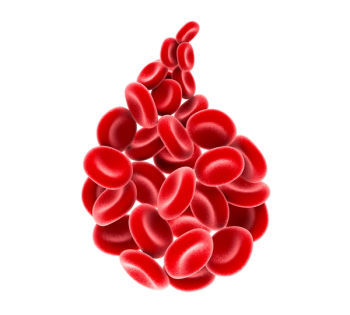
Single-agent treatment with odronextamab continued to demonstrate encouraging clinical activity, along with a manageable safety profile, in patients with relapsed/refractory diffuse large B-cell lymphoma.

When used as a minimal residual disease (MRD)–guided treatment approach, ibrutinib (Imbruvica) combined with venetoclax (Venclexta) improved progression-free and overall survival (OS) compared with fludarabine, cyclophosphamide, and rituximab (Rituxan; FCR) in patients with treatment-naive chronic lymphocytic leukemia (CLL), as observed in the phase 3 FLAIR trial.
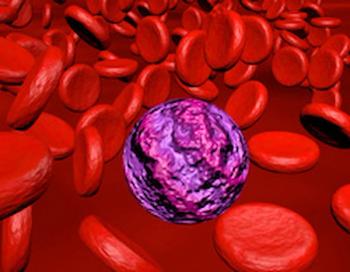
Treatment outcomes with obecabtagene autoleucel in patients with relapsed/refractory B-cell acute lymphoblastic leukemia appear to be better in those with lower leukemia burden at lymphodepletion in the FELIX study.

Auto-HCT results in higher overall survival compared with CAR-T cell therapy in patients with relapsed large B-cell lymphoma while they are in complete response, according to findings from a retrospective study.

Dose reductions and interruptions of navitoclax plus ruxolitinib in the TRANSFORM-1 trial appear to be mostly due to thrombocytopenia, according to Naveen Pemmaraju, MD.

Older patients with hematological malignancies who received Orca-T therapy plus myeloablative chemotherapy have similar relapse-free survival rates compared with younger patients.

No patients with myelodysplastic syndrome have any grade 3 or higher acute graft-versus-host disease following treatment with Orca-T in a phase 1b study.

Treatment with golidocitinib meets the primary endpoint of ORR as well as the secondary endpoints of PFS and safety in the phase 2 JACKPOT8 trial.
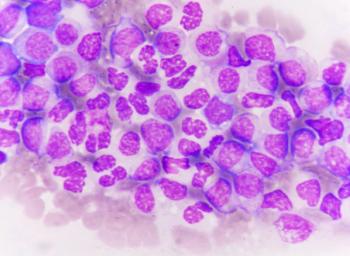
Data from the phase 1/2 BRUIN study support continuous BTK pathway inhibition as an important sequencing approach in chronic lymphocytic leukemia or small lymphocytic lymphoma, says Jennifer A. Woyach, MD.

A virtual care platform significantly reduces hospital days for patients who are receiving CAR T-cell therapy, says Tonya Cox, BSN, RN, OCN.